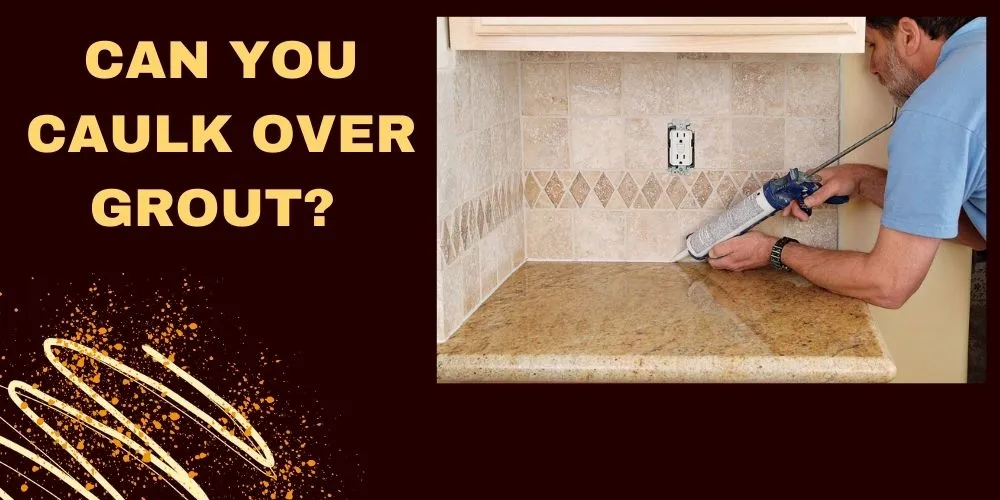We’ve all been there: You step into the restroom, lift the lid, and to your surprise, the toilet water is brown. Having brown water in your toilet is a common issue that many households face.
So, exactly why is my toilet water brown?
However, it is not something to be ignored. Understanding the causes behind this discoloration and the solutions to restore your toilet water’s clarity is crucial. Allow us to walk you through this somewhat off-putting science mystery.

Why Is My Toilet Water Brown? Common Causes of Brown Toilet Water
Rust is a common cause when it comes to discoloration of water, specifically turning it a shade of brown. This particularly happens when you have old, iron or steel pipes that can rust over time.
When water moves through rusty pipes, it can collect particles of rust along the way, which in turn discolors the water.
Although rust in your water isn’t necessarily dangerous to your health, it can carry other contaminants that you don’t want in your drinking, cooking, or bathing supply, making it important to address.
Sediment and Minerals
Another frequent culprit behind your brown toilet water might be sediment and minerals. Depending on your water source and the soil composition in your area, minerals like iron or manganese and different types of sediment can be present in your water supply.
If these build up in your system, they can eventually break loose and cause a brown discoloration in your water.
Municipal Water Works Maintenance
The actions of your local water works can also be a potential cause behind the brown coloration in your toilet water. Municipal water suppliers routinely perform maintenance work or repairs which may temporarily contaminate the water supply with iron, manganese, or other sediments. While this is usually temporary and safe, it can be an alarming sight in your bathroom.
Iron Bacteria
One more reason for the brown discoloration could be the presence of iron bacteria in your water. While not harmful to health in small quantities, iron bacteria can combine with iron or manganese particles in water to form a brown or yellowish slime that can stain plumbing fixtures and laundry.
Diagnosing the Problem
Once you’ve noticed the brown water, it’s essential to identify where the problem is originating. Start by checking if the problem is localized to the toilet or if it’s a more widespread issue. Turn on various faucets around your house – if only the toilet water is discolored, then the issue might be with the toilet or its plumbing.

Water Testing
For a more accurate diagnosis, consider testing your water. A water test can identify the exact kinds of contaminants in your supply.
Certain testing procedures can point towards iron precipitation, bacterial issues, or faulty plumbing systems. A professional water testing service can provide you with precise information to rectify your problem.
Fixes and Solutions
If rusty pipes are the source of your problem, speak to a professional plumber about your options – which might include pipe repair or replacement. Replacing old iron and steel pipes with copper or PVC can provide a long-term solution to your rusty water problem.
Flushing the System
When sediments are the culprits, a good flushing of your entire water system throughout your home can often solve the problem. This process is simple and involves running all the faucets in your home until the water runs clear; however, if the problem reoccurs, you might need to address the core issue with your water supply.
Treating Iron Bacteria
Treating iron bacteria in your water can be achieved with specific filters or chemical treatments designed to remove iron bacteria and other contaminants, which can be deployed with the help of a plumbing professional.
Preventative Measures
Lastly, we want to underline the importance of preventative measures, such as regular pipe maintenance and water testing, to keep your toilet water clean and clear. Ensuring your plumbing is in good shape and treating issues early can prevent brown toilet water from becoming an ongoing issue.
When to Call a Professional
While it’s good to understand what’s potentially causing your brown toilet water, there’s a point when a professional plumber should be called. If your water stays discolored for more than a couple of days or if you feel unsure about any element of your plumbing system, it’s best to call a professional.

Frequently Asked Questions (FAQs)
Why is my toilet water brown all of a sudden?
This can happen due to a sudden influx of iron or sediments into your water system.
Why is my toilet water brown but not my sink?
Sometimes it might be an issue tied to a specific branch of your home’s plumbing system.
Can brown toilet water be a health hazard?
While rust, minerals, or iron bacteria are generally not harmful, they can carry other contaminants that are harmful.
How often should I check my toilet and plumbing for signs of rust or sediment?
A yearly check-up of your plumbing is suggested, but if you notice any change in water color or pressure, or any leaks, consider an immediate inspection.
Conclusion:
Brown toilet water can be a startling sight, but understanding the potential causes and knowing the appropriate solutions helps you handle the situation with confidence.
However, taking preventive measures and performing regular maintenance can help keep your toilet water and overall water supply clear. Not addressing this issue could potentially deteriorate your water quality, so we advise you to take action as soon as possible.


